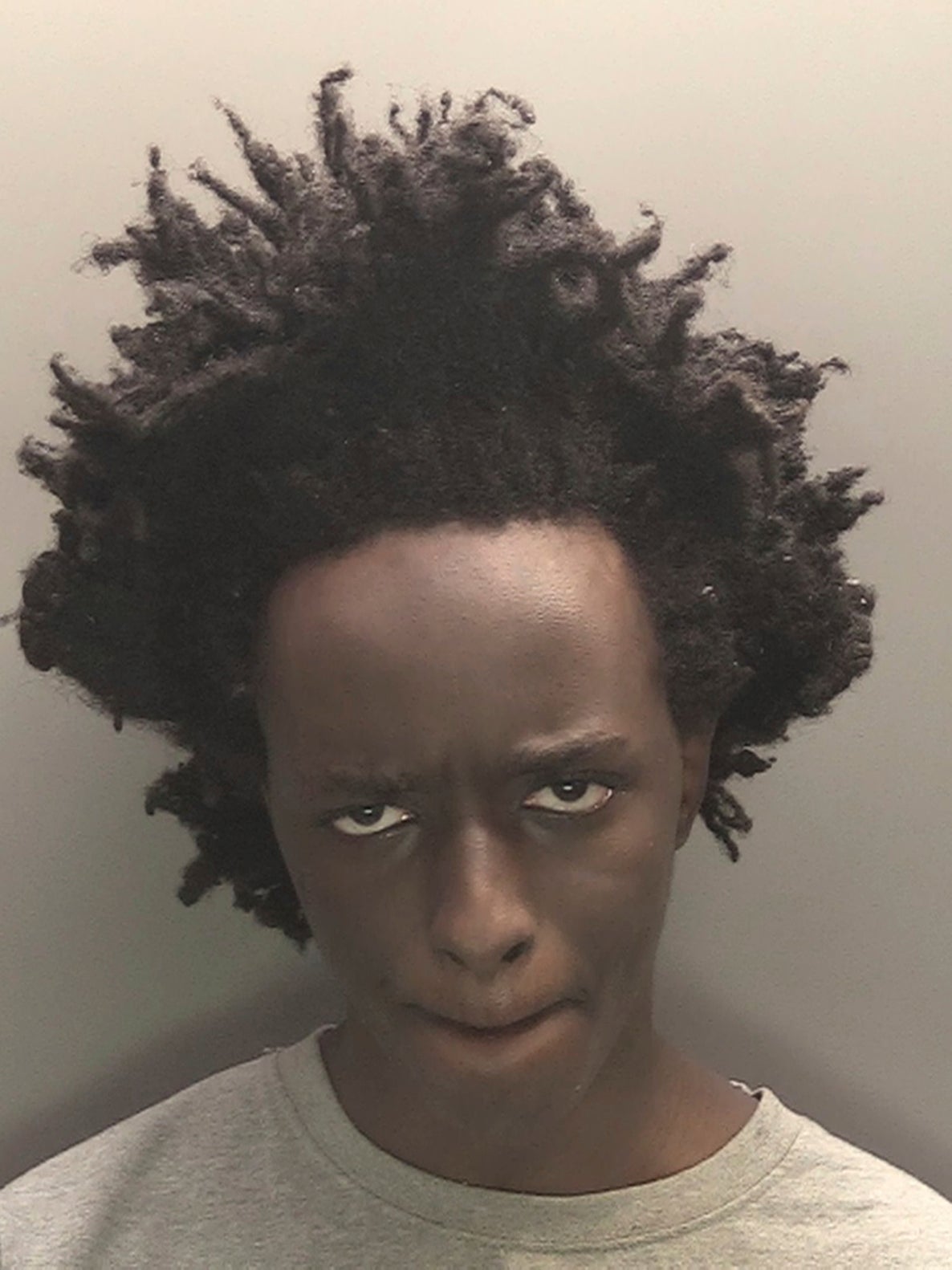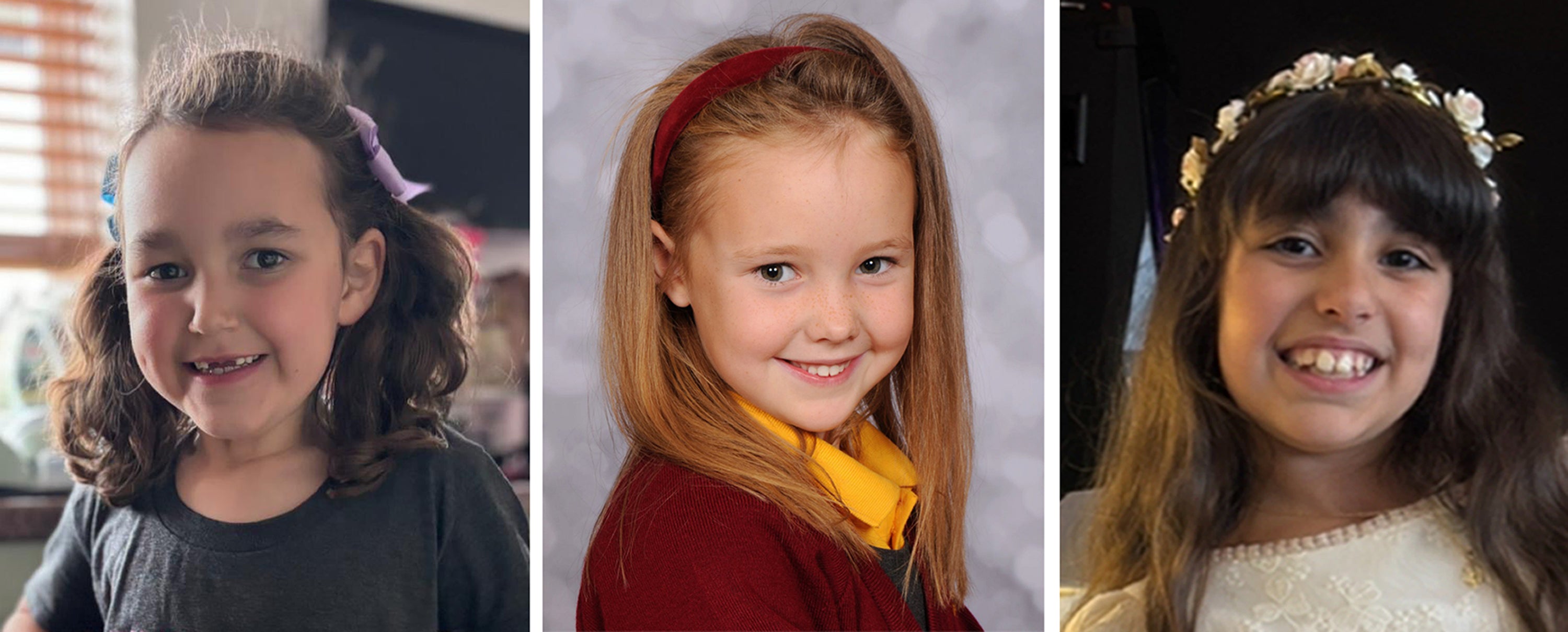Axel Rudakubana’s parents asked police for help to cope with their violence-obsessed son in one of a string of callouts over his worrying behaviour before the Southport attack, it can be revealed.
Officers from Lancashire Constabulary attended the family’s three-bedroom home four times between 2021 and 2022, but each time failed to identify the threat he posed.
The revelations come after the 18-year-old was sentenced to at least 52 years in prison for carrying out the horrific attack which was described by a judge as a “premeditated attempt to commit indiscriminate mass murder”.
The remorseless killer was absent from the dock as the sentence was read out on Thursday after he was removed from court for shouting and disrupting the hearing.
He was given 13 life sentences with a minimum term of 51 years and 190 days. Some time was taken off his 52-year sentence due to time already served in custody.
Officers said on their last visit on 14 May 2022 – made after Rudakubana’s father called the police claiming his son’s behaviour had escalated because they denied him access to a computer – the family appealed to the officers for help with his behaviour.
It came just two months after he was found carrying a knife on a bus after his mother had reported him missing. Officers took him back to their property in Banks, Lancashire, where they gave the mother advice on securing knives in the home.
In another callout on 30 November 2021, it was reported that Rudakubana had kicked his father Alphonse, a minicab driver, and damaged his car. However, the father did not want to press charges.
It was the second time police had called to the property that month, after Rudakubana became distressed when a stranger came to the door on 5 November that year.
On each callout, officers made a vulnerable child referral to the Multi-Agency Safeguarding Hub (Mash), a partnership of agencies including police, education, social and healthcare teams designed to work together to identify and address risks to children and vulnerable adults.

All the police interactions are set to be scrutinised in a public inquiry into the atrocity, which claimed the lives of three young girls, after the prime minister said the country had “failed in its duty” to protect the children from the troubled teenager.
Sir Keir Starmer said Britain is facing a new threat from “young men in their bedrooms” accessing radical materials online as he warned: “Terrorism has changed.”
Assistant chief constable Mark Winstanley, of Lancashire Police, vowed to “fully cooperate” with the inquiry process to ensure any learning for police will be fully implemented.
Details of the police callouts were shared as the scale of missed opportunities to stop the killer was laid bare, including three referrals to the government’s counterterrorism Prevent programme.
One was made by his school in 2019, amid concerns over his behaviour and searches about mass shootings. He was flagged again in February 2021 after a fellow pupil raised concerns about social media posts about the late Libyan despot Muammar Gaddafi.

A third referral was made in April 2021, after a teacher saw he was using a school computer to research the 2017 London Bridge terror attack, which saw eight killed and 48 injured by Islamist extremists who rammed pedestrians before launching a knife attack.
Despite the three referrals, he was never deemed suitable for the anti-extremism scheme.
Senior national coordinator for Prevent and Pursue, Vicki Evans said at the time of the referrals their approach to threats from lone individuals “fixated with violence” but with no clear ideology was “evolving” and “less developed”.
“At the time, the Prevent partnership response to the increasing fixation of extreme violence was evolving,” she said.
“It was less developed than it is today. We’ve spoken about the growing number of young people with complex fixations with violence … but who have no clear ideology despite that violent fascination.

“Although improvements to help tackle this challenge have been made, it is right that questions are asked about what more needs to be done across the whole Prevent system and beyond.”
Measures needed include better identification and a reduction in the “ready access to weapons and horrific, toxic, online material”, she added, noting police have found no evidence to explain why he chose to attack those children or that event.
Just a week before he launched his deadly rampage on 29 July 2024 at a Taylor Swift-themed holiday class in Southport, Rudakubana booked a taxi to take him to Range High School in Formby, but his father stopped him from leaving.

The teenager, who has been diagnosed with autism spectrum disorder, had been expelled from the school in 2019 over claims he was carrying a knife. He later returned and attacked a pupil with a hockey stick and admitted to causing actual bodily harm.
Merseyside Police chief constable Serena Kennedy said it was “devastating” to think things could have been done to prevent the atrocious attack, which also left eight girls and two adults wounded.
“I think it’s important that all of the agencies that have had contact with Rudakubana engage fully with the public inquiry to make sure that we can fully understand when the reviews were made, what was done about them, the decisions that were made, to make sure the learning can be taken forward in the future,” she said.
“I think that we owe that to all of the families, and we owe that to all of the victims.”







